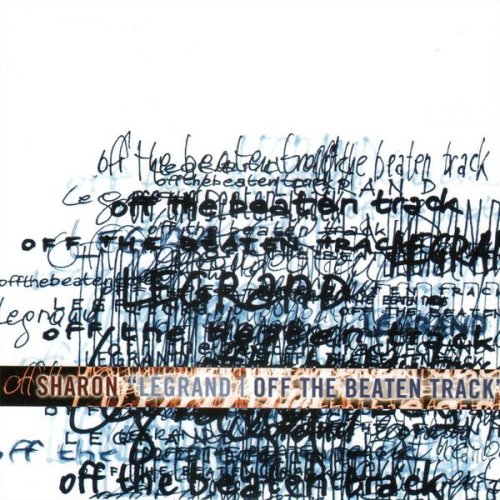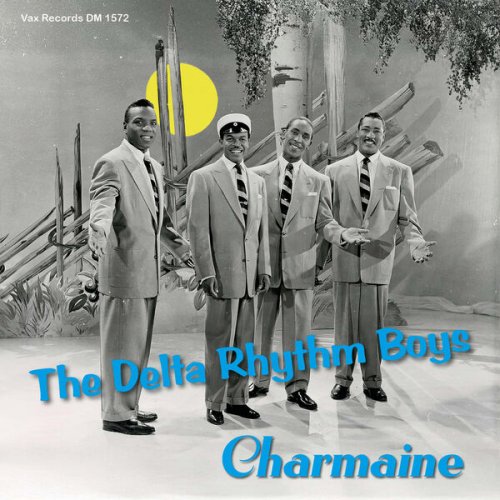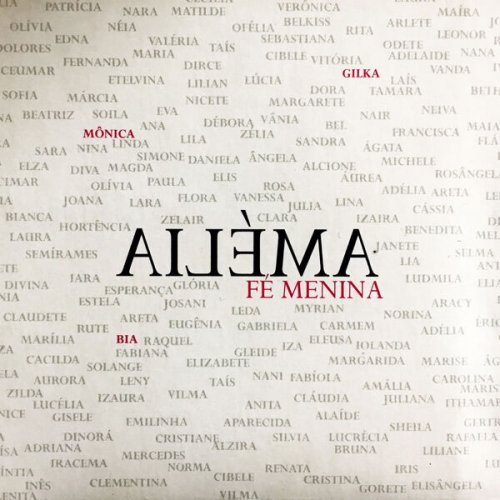Charly Bliss - Guppy (2017)
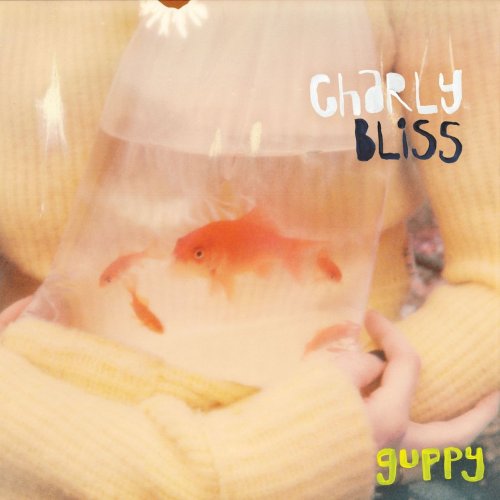
Artist: Charly Bliss
Title: Guppy
Year Of Release: 2017
Label: Barsuk Records
Genre: Indie Rock, Indie Pop, Powerpop
Quality: FLAC (tracks)
Total Time: 29:26
Total Size: 212 Mb
WebSite: Album Preview
Tracklist:Title: Guppy
Year Of Release: 2017
Label: Barsuk Records
Genre: Indie Rock, Indie Pop, Powerpop
Quality: FLAC (tracks)
Total Time: 29:26
Total Size: 212 Mb
WebSite: Album Preview
1. Percolator (02:46)
2. Westermarck (03:12)
3. Glitter (03:14)
4. Black Hole (03:02)
5. Scare U (02:25)
6. Ruby (02:11)
7. Dq (03:19)
8. Gatorade (02:19)
9. Totalizer (02:33)
10. Julia (04:25)
Charly Bliss make no secret they’re a throwback. They hone in on an era from about 20 years ago, when seemingly every other band came blissed out, drenched in sun, and outfitted for a spot on the 10 Things I Hate About You or Jawbreaker soundtrack next to Veruca Salt. Back then, for every Breeders there were at least two Letters to Cleos or Stretch Princesses, and their legacy is now constrained doubly: condemned the first time around by a rockist critical establishment for being too poppy, then when everyone started being OK with pop again, dismissed with the same received condemnation. Thing is, this style never went away, it’s just tended to age down.
In the mid-’00s it retreated to teen pop—one of Charly Bliss frontwoman Eva Hendricks’ admitted biggest influences is the Adam Schlesinger/Kay Hanley power-pop vehicle that was Josie and the Pussycats soundtrack—and Warped Tour-adjacent pop-punk like Paramore and Fall Out Boy. It bubbles up periodically in the poppier singles from acts like Honeyblood and Swearin’, but the most mainstream outlet is, of all places, children’s shows. Which is all well and glossy for the kids, but it’s refreshing to hear a revival led by Charly Bliss made for adults.
Charly Bliss took three years from 2014’s EP Soft Serve to full-length debut Guppy, largely due to grappling with this context. The original incarnation of Guppy was a garage-rock set produced by Justin Pizzoferrato (Parquet Courts, Speedy Ortiz), but the whole thing got scrapped on grounds of grunge. “We’ve learned a lot from looking to bands that are more poppy,” Hendricks told The Fader, and the new record pulls no punches and sacrifices no hooks. Half the tracks run about three minutes or less. “Percolator” is a fake-out: the first couple seconds of Strokes guitars give way to an ebullient, literally cheering single. In case the hook of “Black Hole” weren’t enough, we get it again with a key change, and “Westermarck” and “Glitter” take to their choruses like flowers to the sun.
This all sounds simple, but it’s not. Executed poorly, an entire album of this might induce sugar shock. Or, like too many modern acts indebted to ’90s indie-pop, it might emulate the style rather than the substance, using nostalgia like a flashy suit to compensate for a lack of anything to say. But these hooks are delivery mechanisms for often acerbic, often exhausted lyrics about the endless crap conveyor belt that is life and love as a girl.
Charly Bliss gets this; there’s a bluntness to Hendricks’ lyrics reminiscent of The Pink Album-era Tuscadero or, at their bitterest, the quick-cut unease of early Throwing Muses. It’d be easy for a track called “DQ” to stop at its titular reference—it’s ice cream! So kitschy! Instead, it kills off a puppy in the first line—“I laughed when your dog died/It is cruel but it’s true/...Does he love me most now that his dog is toast?”—and when Dairy Queen finally shows up, it’s not quirky but rather the final dead end in Charly Bliss’ teenage wasteland. “Westermarck” (per its title, referencing the Westermarck effect) tosses in kissing cousins by the second line. It’s not all shock value, though. “Ruby” is an earnest, lyrically stark thank-you note to a therapist, the languid “Julia” a mash note to a friend (or more; it’s ambiguous). The glossiest part of “Glitter” is, crucially, the bleakest: “Am I the best? Or just the first person to say yes?” It’s an old songwriting trick, but it always works.
Then on the standout “Percolator,” Hendricks takes all the shit she’s given (“Eva, you’re being too nice, everyone is going to think you’re flirting with them,” she said in an interview with Bandcamp) as well as all the cudgels critics took to female-fronted bands and prods at them with exhausted sarcasm: “Swimming in your pool, I am pregnant with meaning/Could I be more appealing? Writing slurs on the ceiling?” It’s like a deeply mocking recap of a mid-’90s music video, but it’s simultaneously the most earnest track. “I cry all the time/I think that it’s cool/I’m in touch with my feelings” is ironic, but it’s the kidding-not-kidding irony that increasingly defines the decade. It works on multiple levels: as tossed-off sarcasm, as a statement of pride, and, crucially, as an undeniable pop song. It’s a deceptively hard balance to strike, but Charly Bliss does it effortlessly.
In the mid-’00s it retreated to teen pop—one of Charly Bliss frontwoman Eva Hendricks’ admitted biggest influences is the Adam Schlesinger/Kay Hanley power-pop vehicle that was Josie and the Pussycats soundtrack—and Warped Tour-adjacent pop-punk like Paramore and Fall Out Boy. It bubbles up periodically in the poppier singles from acts like Honeyblood and Swearin’, but the most mainstream outlet is, of all places, children’s shows. Which is all well and glossy for the kids, but it’s refreshing to hear a revival led by Charly Bliss made for adults.
Charly Bliss took three years from 2014’s EP Soft Serve to full-length debut Guppy, largely due to grappling with this context. The original incarnation of Guppy was a garage-rock set produced by Justin Pizzoferrato (Parquet Courts, Speedy Ortiz), but the whole thing got scrapped on grounds of grunge. “We’ve learned a lot from looking to bands that are more poppy,” Hendricks told The Fader, and the new record pulls no punches and sacrifices no hooks. Half the tracks run about three minutes or less. “Percolator” is a fake-out: the first couple seconds of Strokes guitars give way to an ebullient, literally cheering single. In case the hook of “Black Hole” weren’t enough, we get it again with a key change, and “Westermarck” and “Glitter” take to their choruses like flowers to the sun.
This all sounds simple, but it’s not. Executed poorly, an entire album of this might induce sugar shock. Or, like too many modern acts indebted to ’90s indie-pop, it might emulate the style rather than the substance, using nostalgia like a flashy suit to compensate for a lack of anything to say. But these hooks are delivery mechanisms for often acerbic, often exhausted lyrics about the endless crap conveyor belt that is life and love as a girl.
Charly Bliss gets this; there’s a bluntness to Hendricks’ lyrics reminiscent of The Pink Album-era Tuscadero or, at their bitterest, the quick-cut unease of early Throwing Muses. It’d be easy for a track called “DQ” to stop at its titular reference—it’s ice cream! So kitschy! Instead, it kills off a puppy in the first line—“I laughed when your dog died/It is cruel but it’s true/...Does he love me most now that his dog is toast?”—and when Dairy Queen finally shows up, it’s not quirky but rather the final dead end in Charly Bliss’ teenage wasteland. “Westermarck” (per its title, referencing the Westermarck effect) tosses in kissing cousins by the second line. It’s not all shock value, though. “Ruby” is an earnest, lyrically stark thank-you note to a therapist, the languid “Julia” a mash note to a friend (or more; it’s ambiguous). The glossiest part of “Glitter” is, crucially, the bleakest: “Am I the best? Or just the first person to say yes?” It’s an old songwriting trick, but it always works.
Then on the standout “Percolator,” Hendricks takes all the shit she’s given (“Eva, you’re being too nice, everyone is going to think you’re flirting with them,” she said in an interview with Bandcamp) as well as all the cudgels critics took to female-fronted bands and prods at them with exhausted sarcasm: “Swimming in your pool, I am pregnant with meaning/Could I be more appealing? Writing slurs on the ceiling?” It’s like a deeply mocking recap of a mid-’90s music video, but it’s simultaneously the most earnest track. “I cry all the time/I think that it’s cool/I’m in touch with my feelings” is ironic, but it’s the kidding-not-kidding irony that increasingly defines the decade. It works on multiple levels: as tossed-off sarcasm, as a statement of pride, and, crucially, as an undeniable pop song. It’s a deceptively hard balance to strike, but Charly Bliss does it effortlessly.
download flac
ISRACLOUD
ISRACLOUD
![Eshon Burgundy - Safe Place (Bossa Nova Jazz) (2025) [Hi-Res] Eshon Burgundy - Safe Place (Bossa Nova Jazz) (2025) [Hi-Res]](https://www.dibpic.com/uploads/posts/2025-12/1766079194_cover.jpg)

![Betty Carter - The Music Never Stops (2019) [Hi-Res] Betty Carter - The Music Never Stops (2019) [Hi-Res]](https://www.dibpic.com/uploads/posts/2025-12/1765896843_bcmn500.jpg)
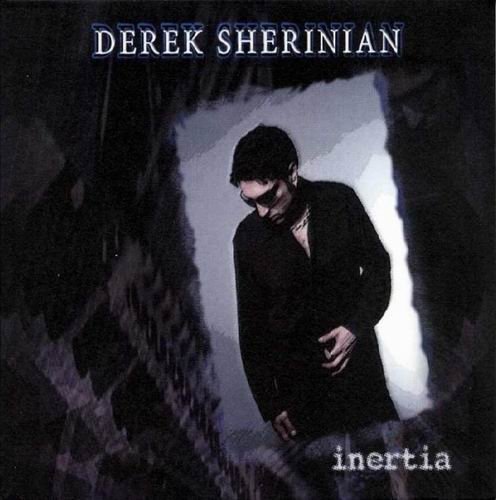
![Ready Player 3 - Ready Player 3 (2025) [Hi-Res] Ready Player 3 - Ready Player 3 (2025) [Hi-Res]](https://www.dibpic.com/uploads/posts/2025-12/1766128773_cover.jpg)

